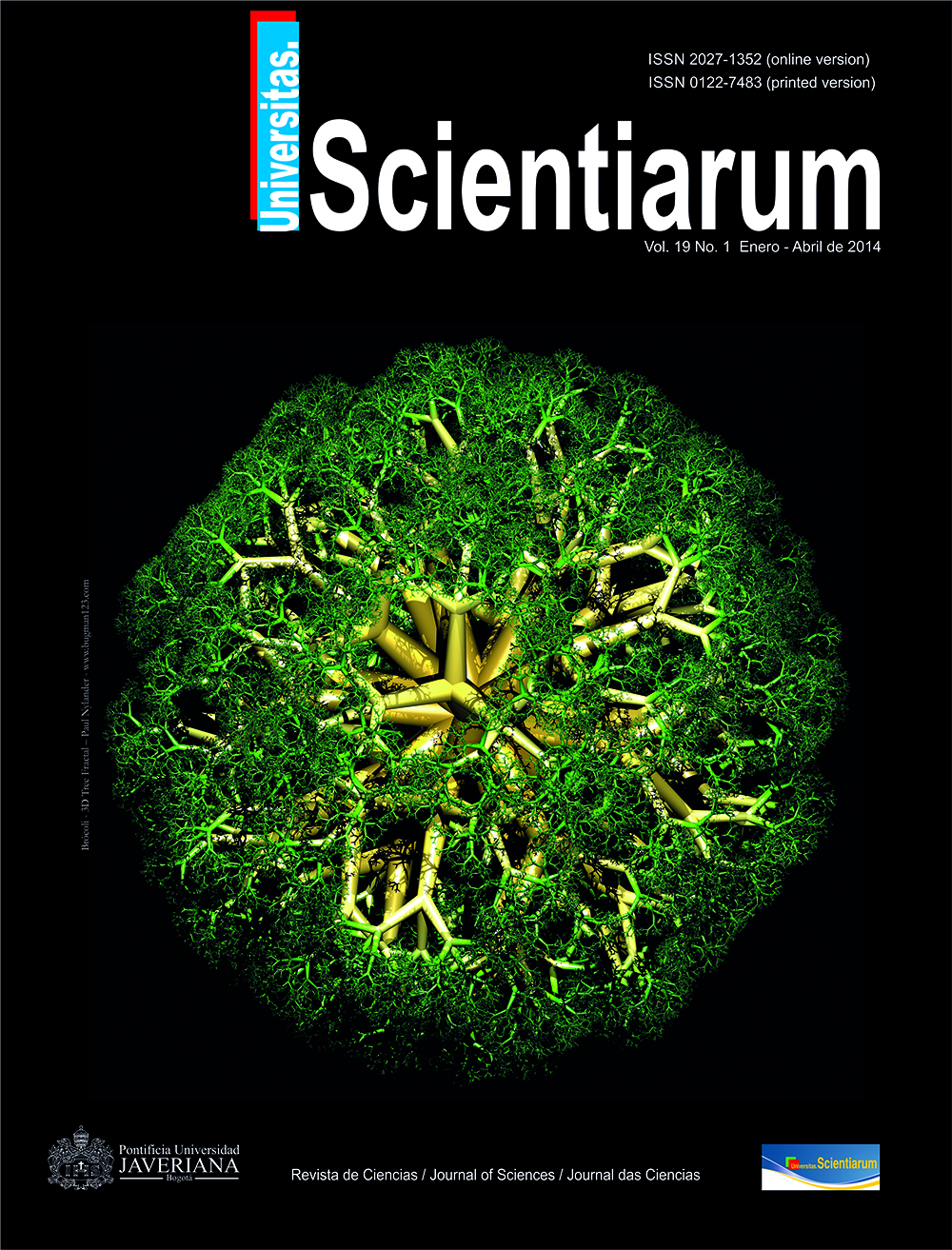Abstract
The reductive expansion method has been used successfully in the synthesis of metal nanoparticles. However, there are no reports regarding the use of expansion methods to produce oxidized nanoparticles. Here, we propose an adjustment to the current oxidizing atmosphere application during reductive expansion. Mixtures of different weight ratios of iron nitrogen salts and urea (blowing agent) were subjected to thermal shock in an oven; the sudden sublimation of the urea and nitrogen salts originated a fine dispersion of material that came into contact with reducing gases. During this sublimation, metallic iron nanoparticles were produced and subsequently oxidized by the prevailing oxidizing atmosphere. Through characterization using X-ray diffraction, we determined that the crystalline phase of the formed nanoparticles depends on the composition of the reactants. In contrast, particle size distribution, surface area and oil absorption are not strongly influenced by this composition.Univ. Sci. is registered under a Creative Commons Attribution 4.0 International Public License. Thus, this work may be reproduced, distributed, and publicly shared in digital format, as long as the names of the authors and Pontificia Universidad Javeriana are acknowledged. Others are allowed to quote, adapt, transform, auto-archive, republish, and create based on this material, for any purpose (even commercial ones), provided the authorship is duly acknowledged, a link to the original work is provided, and it is specified if changes have been made. Pontificia Universidad Javeriana does not hold the rights of published works and the authors are solely responsible for the contents of their works; they keep the moral, intellectual, privacy, and publicity rights. Approving the intervention of the work (review, copy-editing, translation, layout) and the following outreach, are granted through an use license and not through an assignment of rights. This means the journal and Pontificia Universidad Javeriana cannot be held responsible for any ethical malpractice by the authors. As a consequence of the protection granted by the use license, the journal is not required to publish recantations or modify information already published, unless the errata stems from the editorial management process. Publishing contents in this journal does not generate royalties for contributors.



